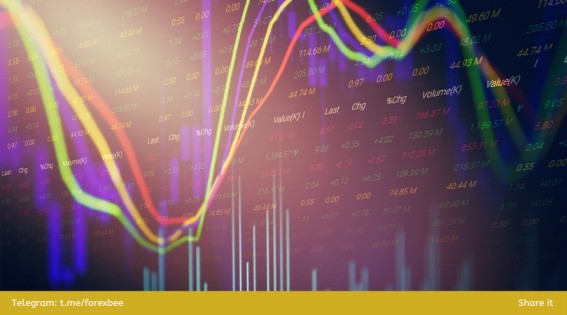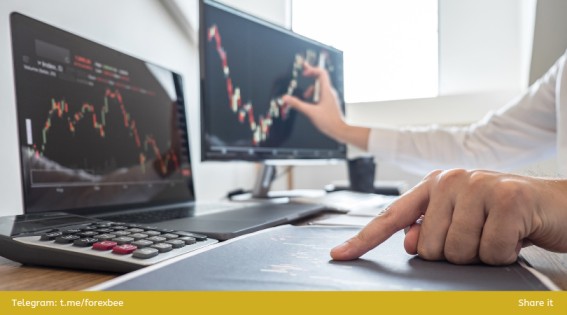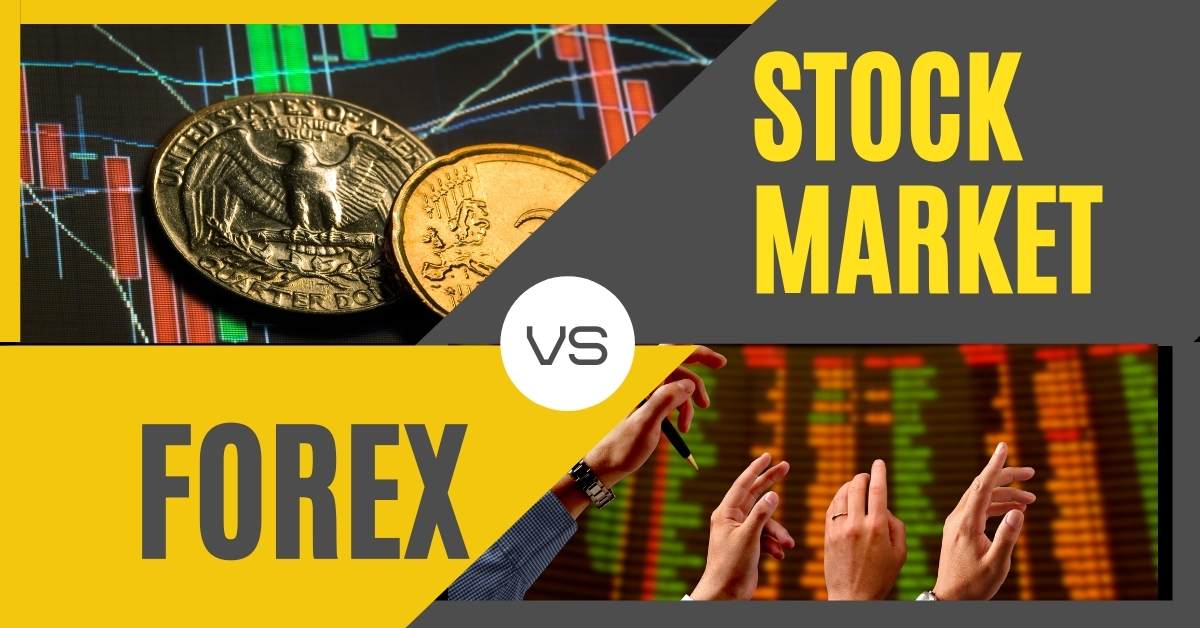Like beginner traders, if you wonder what the difference between forex vs. stocks is, don’t worry after completing this article; you will be confident enough to choose which market suits your needs and expectations.
Five key differences between Stocks and Forex:
Below, you can see the five significant differences between stocks and forex.
- Volume
- 24 Hour Markets
- Liquidity
- Minimal or no commission
- Market Manipulation
Now we will go more in-depth with all the above-mentioned vital differences.
Volume
The volume difference is one of the most significant factors that differentiate between stocks and forex. There is almost $5 trillion daily activity in forex and is centered majorly on currency pairs, including EUR/USD, USD/JPY, GBP/USD, and AUD/USD. The forex market volume dwarfs the combined transactional activity of all world stock exchanges, which is roughly equal to $200 Billion per day.

That massive volume of the forex market brings a lot of opportunities for traders. It allows instant execution of trading orders and instant closing of trade at which trader wants to close.
24 Hour Markets
Forex market is not transacted at traditional market exchanges and is an over-the-counter market. Trading in forex is aided through the interbank market, which implies that traders can trade in the forex market from all over the world at different business hours and trading sessions. Because of that, forex is available for trading virtually 24 hours a day and five days a week. On the other hand, the stocks market is open at different times in different countries based on the working hours and is affected by many variables.
Liquidity
Generally speaking, a market that has more volume will be more liquid.
There are many advantages of a more liquid market, the spreads are tighter, and the transactional costs are meager. In stocks, different brokers have different trading fees and commission rates. But none of them offer as low-cost trading opportunities as brokers in the forex market do.

Minimal or no commission
In the forex market, most brokers don’t even charge commission. Then how do they make money?
Well, they make money on spreads; the spread is the difference between buying and selling price. However, in stocks and options, the trader is required to pay commissions and spreads as well to take a position.
Another difference is that the forex spreads are pretty transparent and helpful in calculating the cost of taking position upfront before actually placing the trade.

Market Manipulation
Have you been following the news lately? You must have come across GME stock breaking through the sky. The Redditors joined hands together to give a lesson to significant hedge funds, and it influenced the GME stock, which, according to creditors, the hedge funds were trying to short…
You will never come across something similar to this in the forex market, as forex manipulation is next to impossible.

So we have summed up all the discussion we have done above into this small table to revise everything.
| Forex Market | Stock Market | |
|---|---|---|
| Volume | Volume Large volume- Around $5 Trillion per day | Less volume – Roughly $200 billion per day |
| Times | 24 Hour Markets | 8 Hour Markets |
| Liquidity | Highly Liquid | Less liquid |
| Commissions | Minimal or no commissions | Commissions |
| Manipulation | No Manipulation | Get Manipulated |
The Art of Time is NOT Wasting It!
LaSean R Shelton
I hope you will like this Article. For any Questions Comment below, also share by below links. Use Tradingview for technical analysis instead of mt4.
Note: All the viewpoints here are according to the rules of technical analysis. we are not responsible for any type of loss in forex trading.


